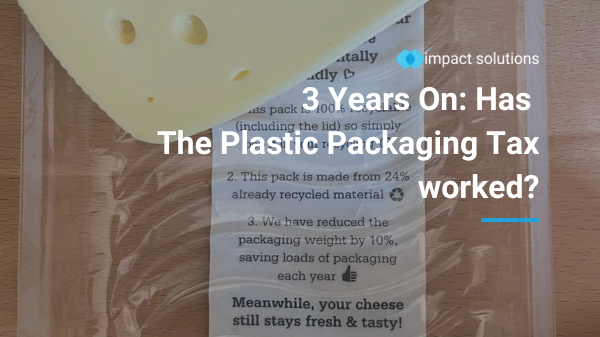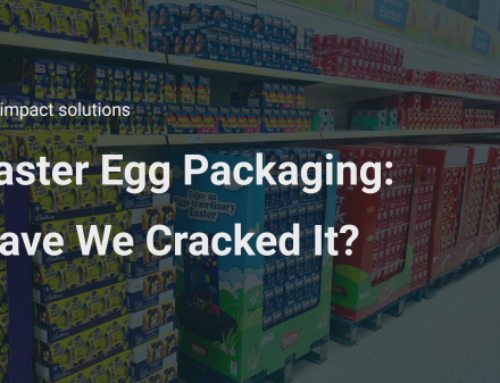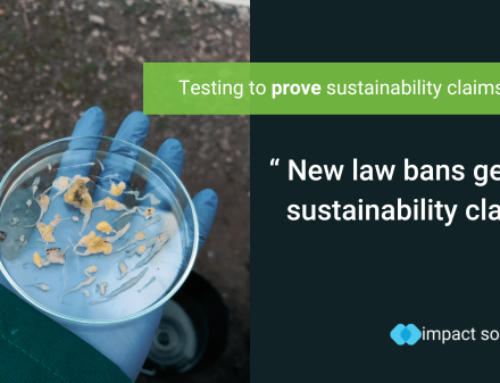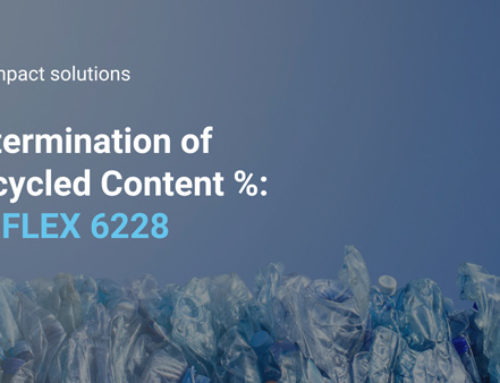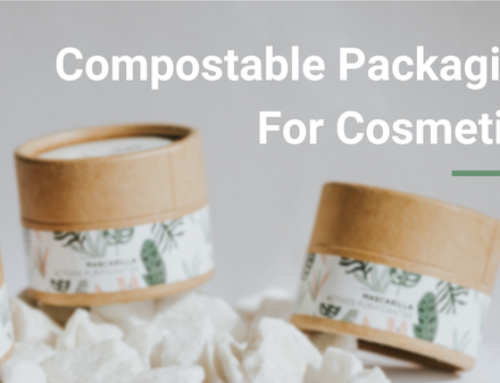On April 1st 2022, the UK government introduced the Plastic Packaging Tax (PPT) as part of its strategy to reduce plastic waste and promote the use of recycled materials in packaging. 3 years on, has The Plastic Packaging Tax worked? there’s evidence that the PPT initiative has impacted the packaging industry and consumer goods sector, we’ll take a look in this article.
The Impact of PPT on Businesses
Since its introduction, the PPT has prompted a notable shift in business practices. Companies manufacturing or importing plastic packaging now face a tax of £200 per tonne on packaging containing less than 30% recycled plastic. This financial incentive has driven many businesses to reassess their packaging strategies. In just one year, the volume of plastic packaging containing 30% or more recycled content increased from 37% to 46% of the overall volume. This increase indicates that businesses are actively seeking new ways to incorporate more recycled materials into their packaging designs.
Changes in Plastic Usage
The tax has also led to a reduction in overall plastic packaging use. The proportion of plastic packaging containing 30% or more recycled content increased from 37% to 46%, contributing to a decline in taxable plastic packaging. This suggests that companies are not only incorporating more recycled content but also exploring alternatives to virgin plastic.
Economic Implications
The PPT has had mixed economic effects. Revenue generated from the tax fell by 6% to £268 million in 2023-24, despite an increase in the tax rate. This decrease could indicate that more businesses are successfully meeting the 30% recycled content threshold, thus avoiding the tax.
However, the number of businesses registered for PPT increased to 4,669 as of July 2024, up from 4,142 the previous year. This growth in registrations suggests that the tax is reaching a wider range of businesses and potentially driving innovation across the sector.
3 Years On: Has The Plastic Packaging Tax worked?
Three years on, the Plastic Packaging Tax has proven to be a catalyst for change in the UK’s approach to plastic use. While challenges remain, particularly for smaller businesses, the data recorded in 2024 demonstrates a positive trend towards increased use of recycled materials and reduced reliance on virgin plastics.
As the industry continues to adapt, the focus on accurate measurement and verification of recycled content will likely grow whilst businesses also seek to innovate for alternative sustainable packaging solutions. Businesses seeking to stay ahead of regulatory requirements and meet consumer demands for sustainability will need to invest in robust testing and certification processes.
Take Action with BS Flex 6228
For businesses looking to ensure compliance and demonstrate their commitment to sustainability, the BS Flex 6228 standard offers a reliable solution. This screening method for recyclate provides the due diligence needed to back claims about recycled content in plastic packaging.
By implementing BS Flex 6228, companies can:
- Accurately measure and verify the recycled content in their packaging
- Provide credible evidence of compliance with the Plastic Packaging Tax
- Enhance their sustainability credentials in the eyes of consumers and stakeholders
Additionally at impact Solutions we have witnessed an increase in sustainable development of materials for packaging from our customers and just cements things more that UK companies are trying to make positive changes to their packaging.
To find out more on BS Flex 6228 and how it can support your compliance efforts, get in touch with our team to take the next step.

